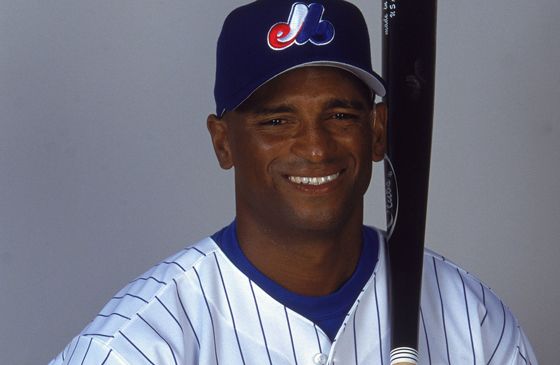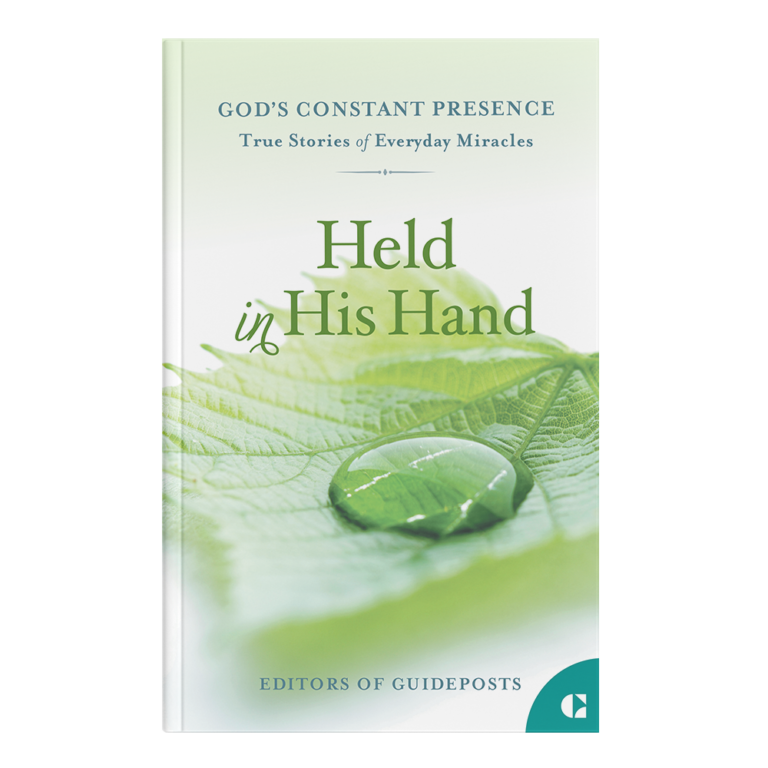When the people saw the thunder and lightning and heard
the trumpet and saw the mountain in smoke, they trembled with fear.
They stayed at a distance and said to Moses, "Speak to us yourself
and we will listen. But do not have God speak to us or we will die."
Moses said to the people, "Do not be afraid. God has come to test
you, so that the fear of God will be with you to keep you from
sinning." The people remained at a distance, while Moses
approached the thick darkness where God was.
—Exodus 20:18–21
The most famous of the Dodger fans…was named Hilda Chester,
a plump, pink-faced woman with a mop of stringy
gray hair…During the games Hilda lived in the bleacher
seats with her bell…With her fish peddler voice, she'd say,
"You know me. Hilda wit da bell. Ain't it trillin'? Home wuz
never like dis, mac." When disturbed her favorite line was,
"Eacha heart out, ya bum."
—Peter Golenbock, in Bums: An Oral History of the Brooklyn Dodgers (1984)
The soundtrack of a ballpark is very satisfying for most fans. In fact, there is a certain "all is right with the world" feeling when we hear the crack of the bat, the pop of the ball in a glove, and the umpire's voice yelling, "Safe!" above a roaring crowd. Even the nasal-voiced hot dog vendor roaming through the stands can go toe-to-toe with talented vocalists of our day.
But what if you couldn't hear any of that? Would it still be baseball? Late in the 1993 season, when minor-leaguers are called up to the big leagues for a cup of coffee, an outfielder by the name of Curtis Pride made he debut with the Montreal Expos. The second-place Expos were at home, battling the Philadelphia Phillies for the division lead, when Pride stepped to the plate with the home team down 7–4 and two men on base.
He wasted no time, ripping a double on the first pitch that scored both runners. The capacity crowd of Olympic Stadium nearly brought the house down with their cheers for the young rookie. Time was called, and the Expos third base coach ran out to second base, but instead of congratulating Pride, the coach asked Pride to take off his helmet.
"What's wrong with my helmet?" wondered Pride. Then he understood that third base coach Jerry Manuel wanted him to tip his helmet to the fans and acknowledge their cheers. Pride obliged, only then realizing that the people were thundering their applause for him.
You see, Curtis Pride is deaf. He can't hear the crack of the bat or most of the other sounds that we associate with baseball. With only 5 percent of his hearing intact due to his mother contracting rubella during her pregnancy, Pride has to read lips and sense vibrations from loud noises. But he communicates quite well and has vowed never to allow his disability to slow down his baseball career. "My other senses are more sensitive," he says. "Smell, feel, and seeing are much sharper because of my [lack of] hearing."
After the game, a reporter asked Pride if he could hear the cheering, standing on second base. "Here," Pride said as he pointed to his heart. "I could hear it here."
"How do you hear God speak?"
"There have been many times that I wished I could hear God speak to me audibly to give me direction. Sometimes I think it would be great to simply surf over to www.willofGod.com so that I could understand what God is saying. Or maybe God would just arrange the clouds into letters and spell out his plans for my life. I would even take a text message on my cell phone from God."
But those are all methods of communicating from the outside in. Instead God has put the Holy Spirit in our hearts to speak to us from the inside out, so that we might develop other spiritual senses—a growing faith, the mind of Christ, conviction, a persevering heart, a spirit that bears witness with another Christlike spirit.
To hear God speak is not like picking up the phone and hearing some mindless chatter from someone. God doesn't speak just for the sake of hearing his own voice. Instead, God speaks with the intent of moving us into action, to produce change in our lives. Maybe that's why a lot of Christians don't really listen to God. They don't really want to change. "You speak to us, Moses [or pastor or Sunday school teacher or famous TV preacher], and we will listen. But don't expect us to get into God's Word this week so that we might hear God speak to us. We're afraid that if we hear God speak to us, we will surely die."
Never were truer words spoken. To hear God speak will cost us dearly. To hear God speak, we must die to our self-centered nature, die to the noisy chatter of the world, and desire to obey whatever we hear. And many churchgoing people simply are unwilling to do that.
On the other hand, maybe real life doesn't begin until you hear God speak. For to hear God speak in your heart is the most satisfying sound of all.
Intentional walk: Lord, I want to hear you speak. But there are so many other voices competing for bandwidth in my brain that I struggle to know which one is yours. I want to silence the competing signals that I receive from the media around me and to listen intently for your unmistakable voice above the chatter of the world. Help me take off my helmet today, that I might here your voice and sense the applause of heaven when I act upon your Word.






